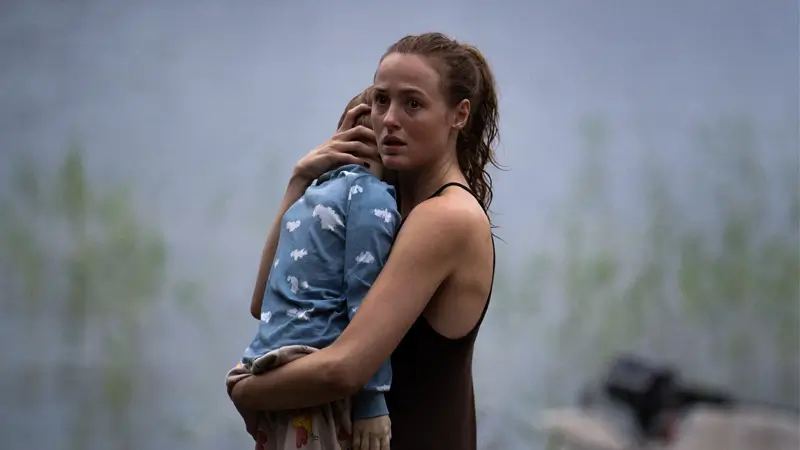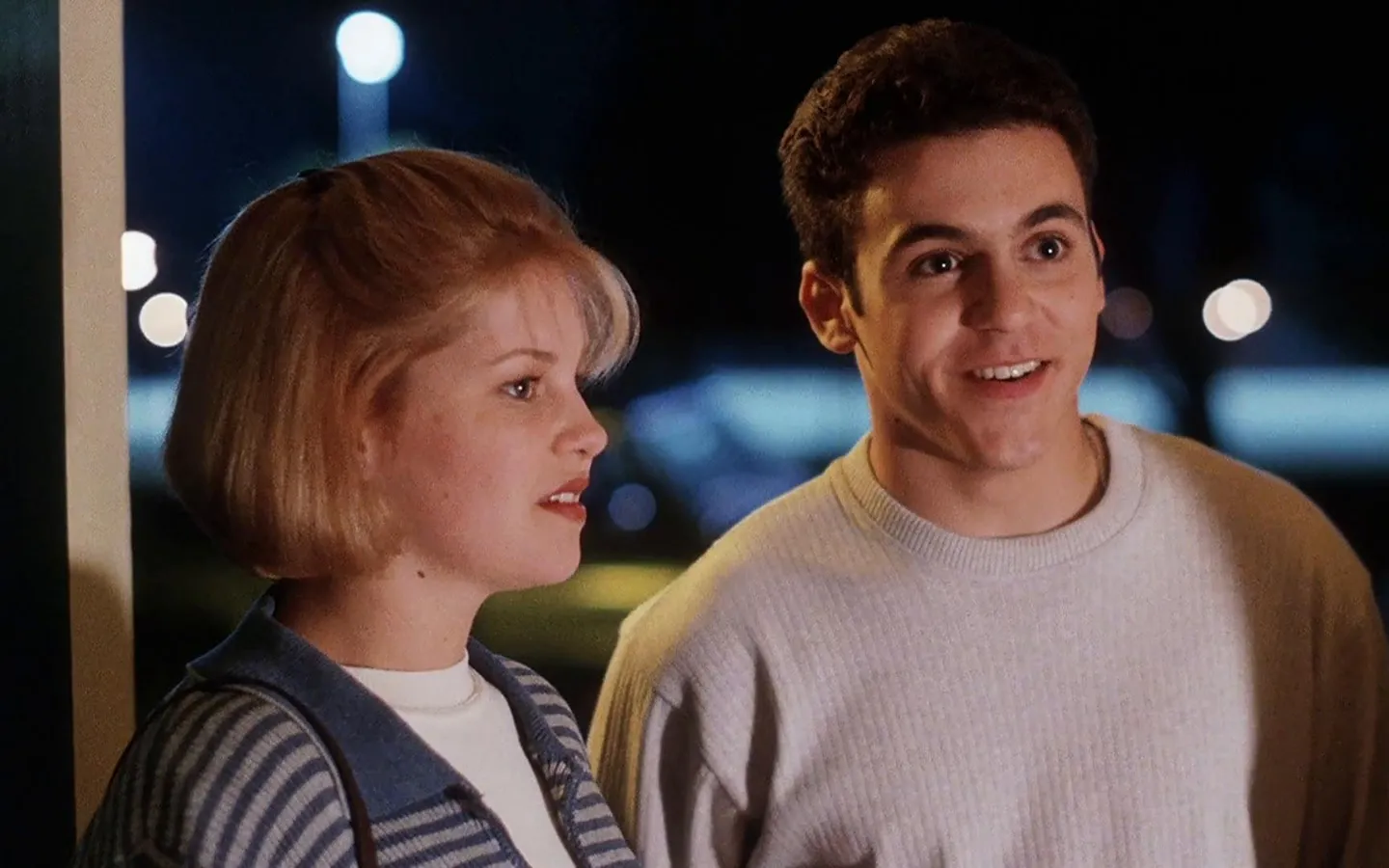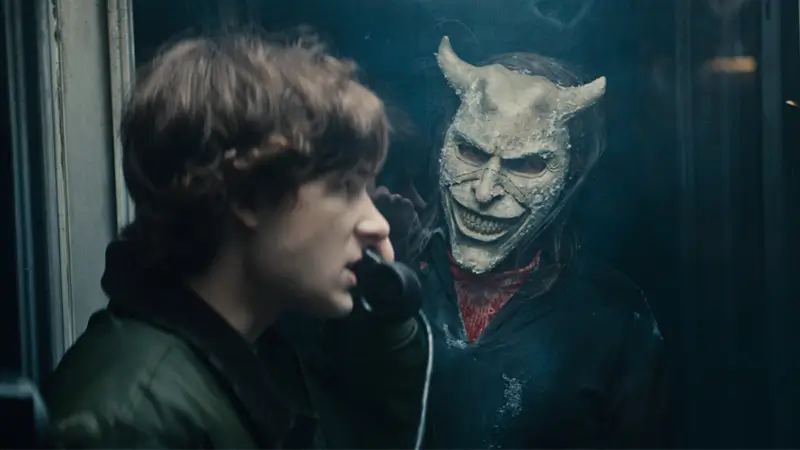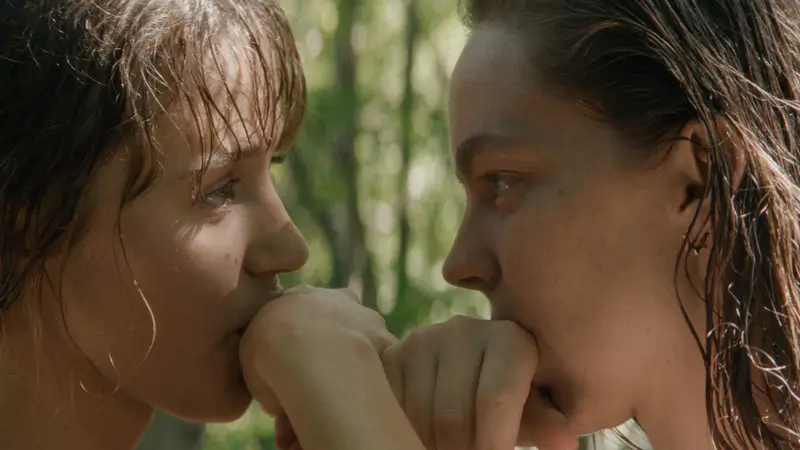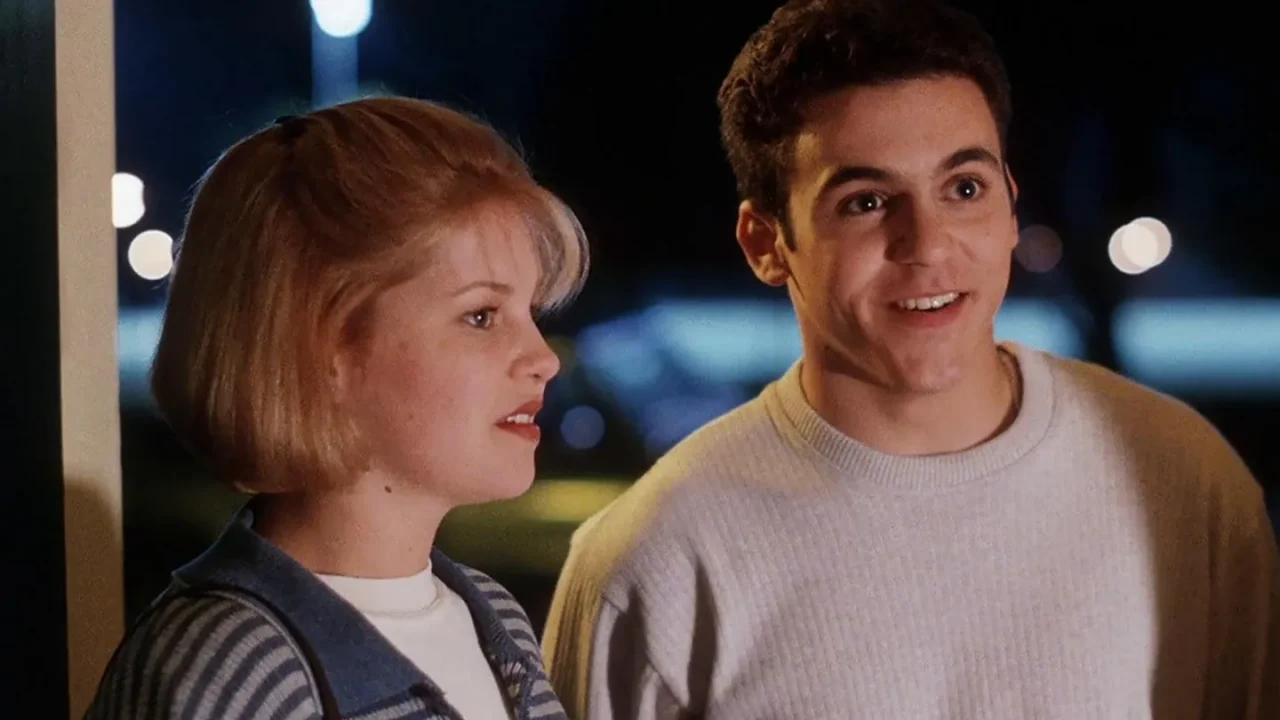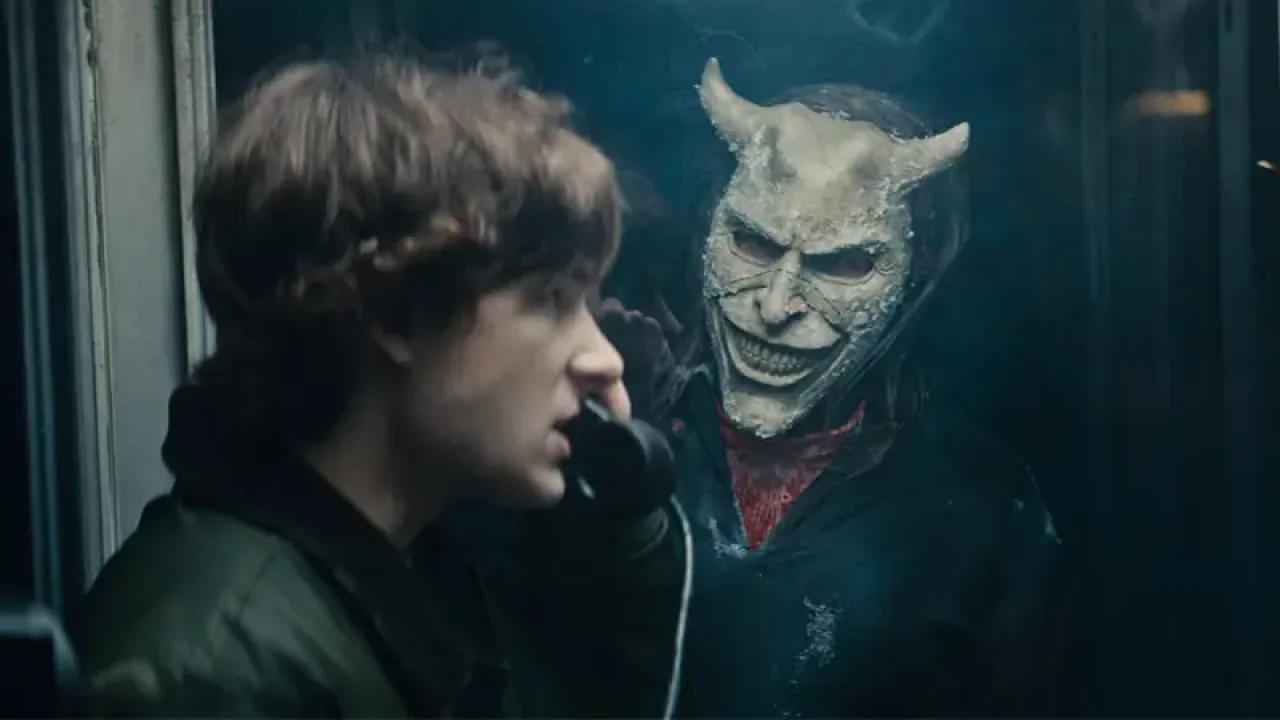- Read also: Review: ‘One Battle After Another’ is one of the year’s great films – perhaps, of the decade
“Luckily it was a somewhat warm night, so it was convenient that we were in our underwear,” he added, laughing. The unusual scene is just a small taste of what to expect from this new production that dives into the underworld of New York nightlife.
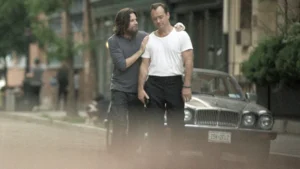
Black Rabbit: A Duo That Sustains the Plot
Created by Zach Baylin (Oscar nominee for King Richard) and Kate Susman, Black Rabbit goes all in on the chemistry between Jude Law and Jason Bateman to sustain eight episodes, each over an hour long. Jake (Law) is the charismatic owner of The Black Rabbit, a restaurant about to become Manhattan’s hottest spot. But when his brother Vince (Bateman), addicted to heroin and gambling, returns to the business, the familiar formula of “dysfunctional family + crime + New York” kicks in once again.
The series benefits enormously from the real New York locations. As Kate Susman explained during the press conference, “you get so much more for your money” filming on the city streets, where “the people, the noise, the grit, the cars and taxis” offer an authenticity impossible to replicate in a studio. “We couldn’t have done this anywhere else,” she stated. However, this visual richness doesn’t fully mask some narrative shortcomings that begin to appear as the episodes progress.
The great strength of Black Rabbit lies in the partnership between Law and Bateman. The fraternal dynamic between Jake and Vince works because both actors manage to balance moments of genuine tenderness with convincing explosions of anger. “You can fight all you want, but you’ll always be brothers,” Bateman explained during the press conference. “When we’re playing the scenes of connection and deep empathy, that’s also easy because of the natural affection we have for each other.” Law adds that “a lot of it was already on the pages [of the script],” but it’s on screen where the magic truly happens.
Villains, Excesses, and Comparisons
Another highlight is Troy Kotsur, Oscar winner for CODA, as the crime boss Mancuso. “He mentioned years ago that he would love to play the villain, like the bad guy,” revealed Zach Baylin. “When we started writing the part of Mancuso, he was kind of the only person. It was written for him.” Bateman, who also directs a few episodes, explained how he worked with Kotsur. “He doesn’t have to overcompensate for the fact that he’s not speaking to communicate the weight and seriousness of that character,” he said.
However, Black Rabbit stumbles where many contemporary crime series fail: unnecessary length. With episodes exceeding 60 minutes, the series often treads water, repeating familiar beats and stuffing dialogue with swear words that feel more like a nervous tick from the writers than stylistic choices. The pace, which should be as frantic as the nightlife it portrays, sometimes drags almost oppressively.
The “Ozark in New York” formula is too obvious to ignore. Bateman clearly tries to recreate the magic of his previous Netflix series. Yet, he doesn’t always manage to balance the financial dilemmas, family crises, and moral issues with the same dexterity.
“We are all drawn to things that are, hopefully, a little more challenging,” he explained about choosing more complex projects. “To hit that smaller target, you need every department doing a really good job.” While *Ozark* had the novelty of an accountant turned money launderer, *Black Rabbit* navigates more familiar waters of the New York culinary underworld.

Divided Critics and Final Verdict
Specialized critics were divided on the final result. While some praise the central performances and the suffocating direction, others point out that the constant intensity becomes merely oppressive, not the necessary variation to sustain eight hours of tension. The feeling is of a series that knows where it wants to go, but doesn’t find the most efficient path to get there.
The collaborative process between creators and stars, highlighted during the press conference, is evident on screen. Law and Susman revealed that working together even before the first page was written allowed for an organic development of the characters. This care is reflected in genuine moments of emotional connection, even when the overall plot loses its way.
Black Rabbit is not a bad series—there are moments of genuine tension and the main performances are consistently solid. But it also fails to fully break free from genre conventions or fully justify its extended duration. For fans of Bateman and Law, the series offers a decent vehicle for their talents. For those looking for something truly innovative in the universe of crime thrillers, it might be better to look elsewhere on the Netflix menu.



